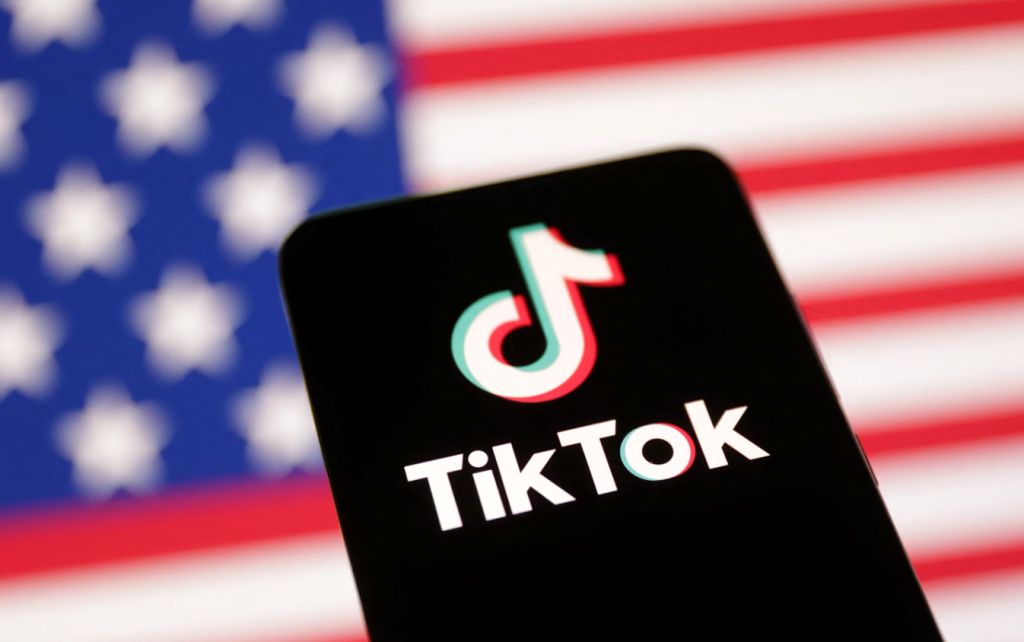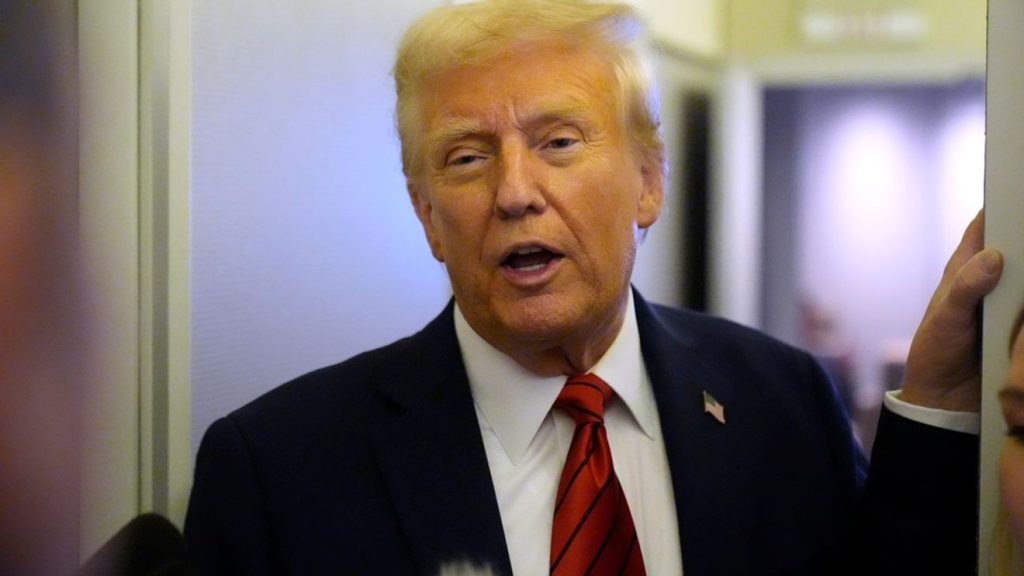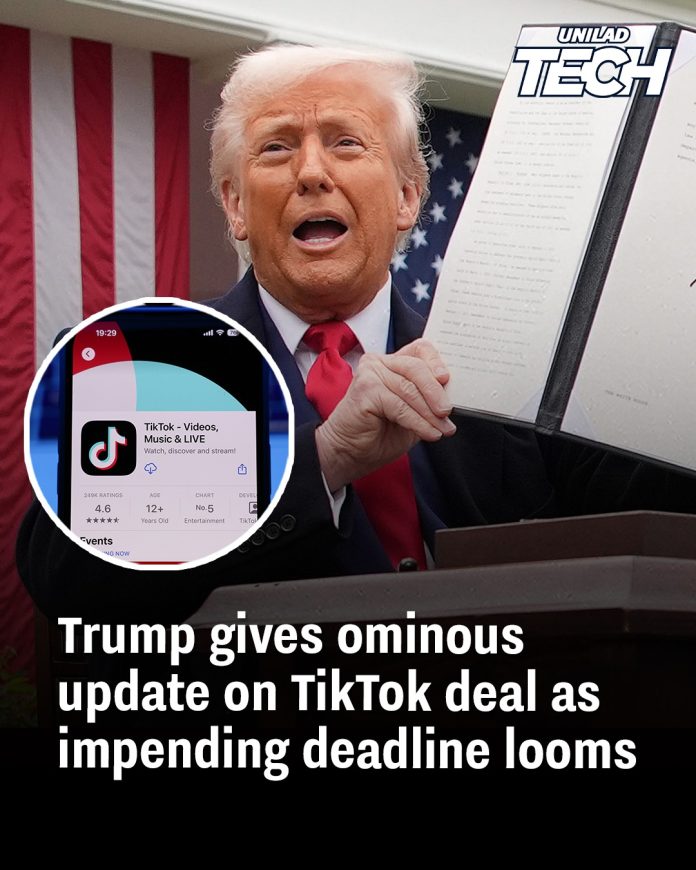As the April 5 deadline approaches, the future of TikTok in the United States hangs in the balance. The U.S. government has mandated that ByteDance, TikTok’s Chinese parent company, divest its American operations by this date due to national security concerns. Failure to comply could result in a nationwide ban of the popular social media platform, affecting its 170 million American users.

Background of the TikTok Controversy
Concerns over TikTok’s data privacy practices and potential ties to the Chinese government have been longstanding. In 2020, the Trump administration attempted to ban the app, citing national security risks. However, these efforts were stalled by legal challenges and were eventually revoked by the Biden administration in 2021. The issue resurfaced in 2024 when Congress passed the Protecting Americans from Foreign Adversary Controlled Applications Act (PAFACA), requiring ByteDance to divest TikTok’s U.S. operations by January 19, 2025. The Supreme Court upheld this law, leading to TikTok’s temporary shutdown in the U.S. on January 18, 2025. Services were restored shortly after President Donald Trump, upon his inauguration on January 20, issued an executive order delaying the enforcement of the ban by 75 days, setting the new deadline for April 5.
Current Negotiations and Potential Buyers
As the deadline looms, negotiations for the sale of TikTok’s U.S. operations have intensified. Several American companies have expressed interest in acquiring the platform. Notably, Amazon has submitted a bid, joining other potential buyers such as Oracle, Microsoft, Walmart, and AppLovin. These companies are vying for control over TikTok’s vast user base and its influential position in the social media landscape. The involvement of these major players underscores the strategic value of TikTok’s operations in the U.S.
Government Stance and Statements
The Trump administration has been actively involved in the negotiations. President Trump has indicated that a deal is “very close,” expressing optimism about reaching an agreement before the deadline. He has also suggested that China could receive tariff relief if it approves the TikTok deal, highlighting the interconnected nature of trade negotiations and national security concerns. Vice President JD Vance, who has been leading the efforts to broker the deal, echoed this sentiment, stating that an announcement is imminent.
Implications of the Deadline
If no agreement is reached by April 5, TikTok faces a potential ban in the United States. This outcome would not only impact millions of users but also the 17,000 U.S.-based employees of the company. The uncertainty has led to concerns among content creators and businesses that rely on the platform for outreach and revenue. Additionally, the situation has prompted discussions about data privacy, foreign ownership of technology companies, and the broader implications for U.S.-China relations.

Public and Legal Reactions
The potential ban has elicited varied reactions from the public and legal experts. Some view the move as a necessary step to protect national security, while others see it as an overreach that could set a concerning precedent for government intervention in technology and free speech. Legal challenges are anticipated if the ban is enforced, with debates likely focusing on constitutional rights and the scope of executive power.
Conclusion
As the deadline draws near, the future of TikTok in the U.S. remains uncertain. The outcome of the ongoing negotiations will have significant implications not only for the company and its users but also for broader issues of data privacy, international business relations, and the regulation of technology platforms. All stakeholders are closely monitoring the situation, awaiting a resolution that balances national security concerns with the interests of users and the tech industry.

















